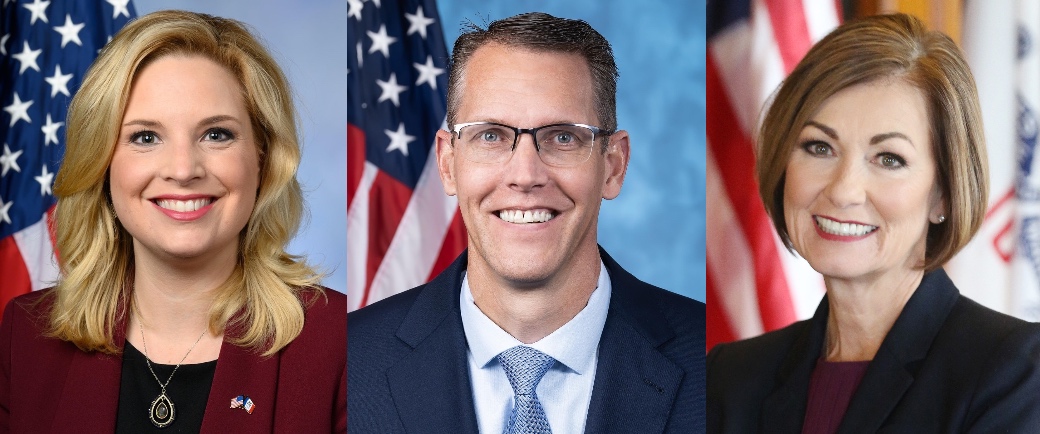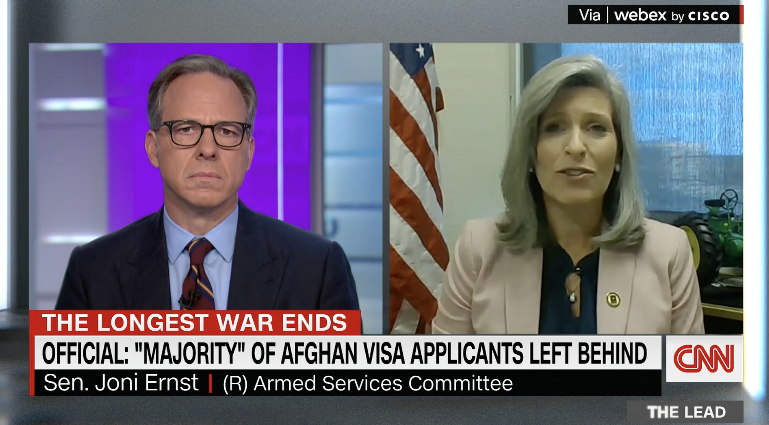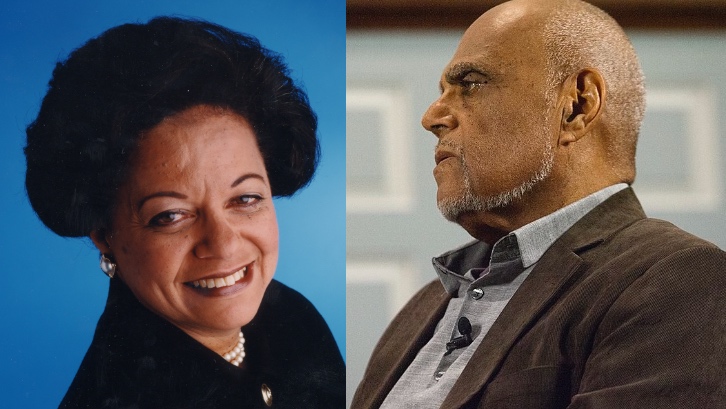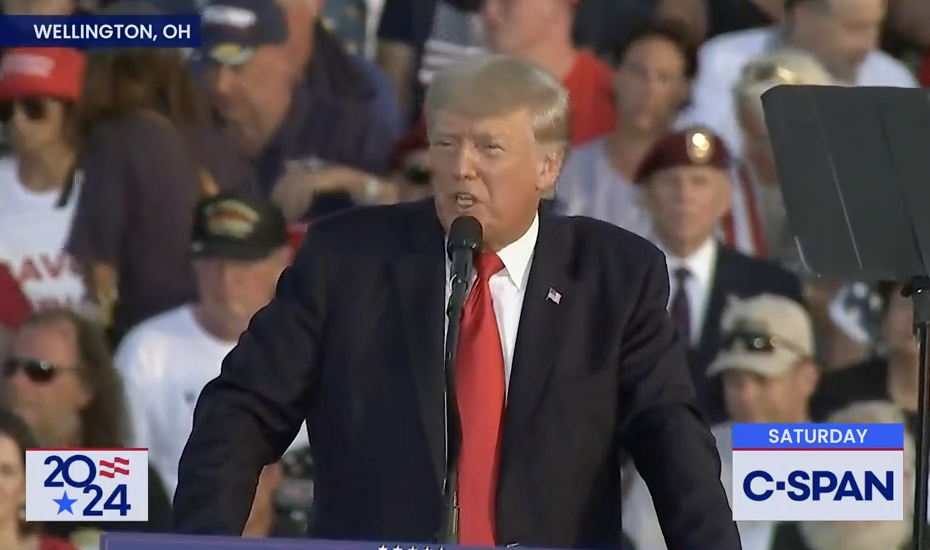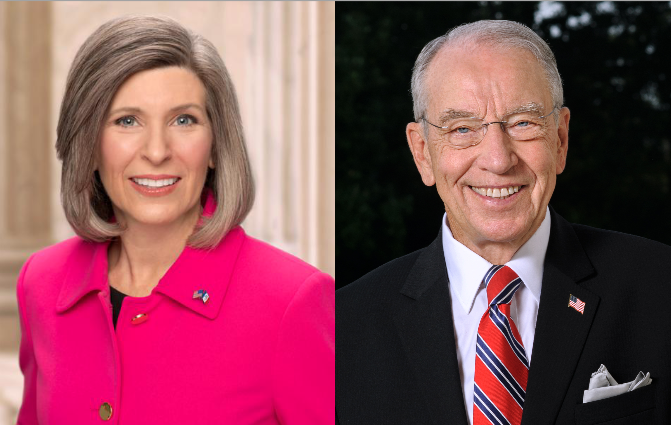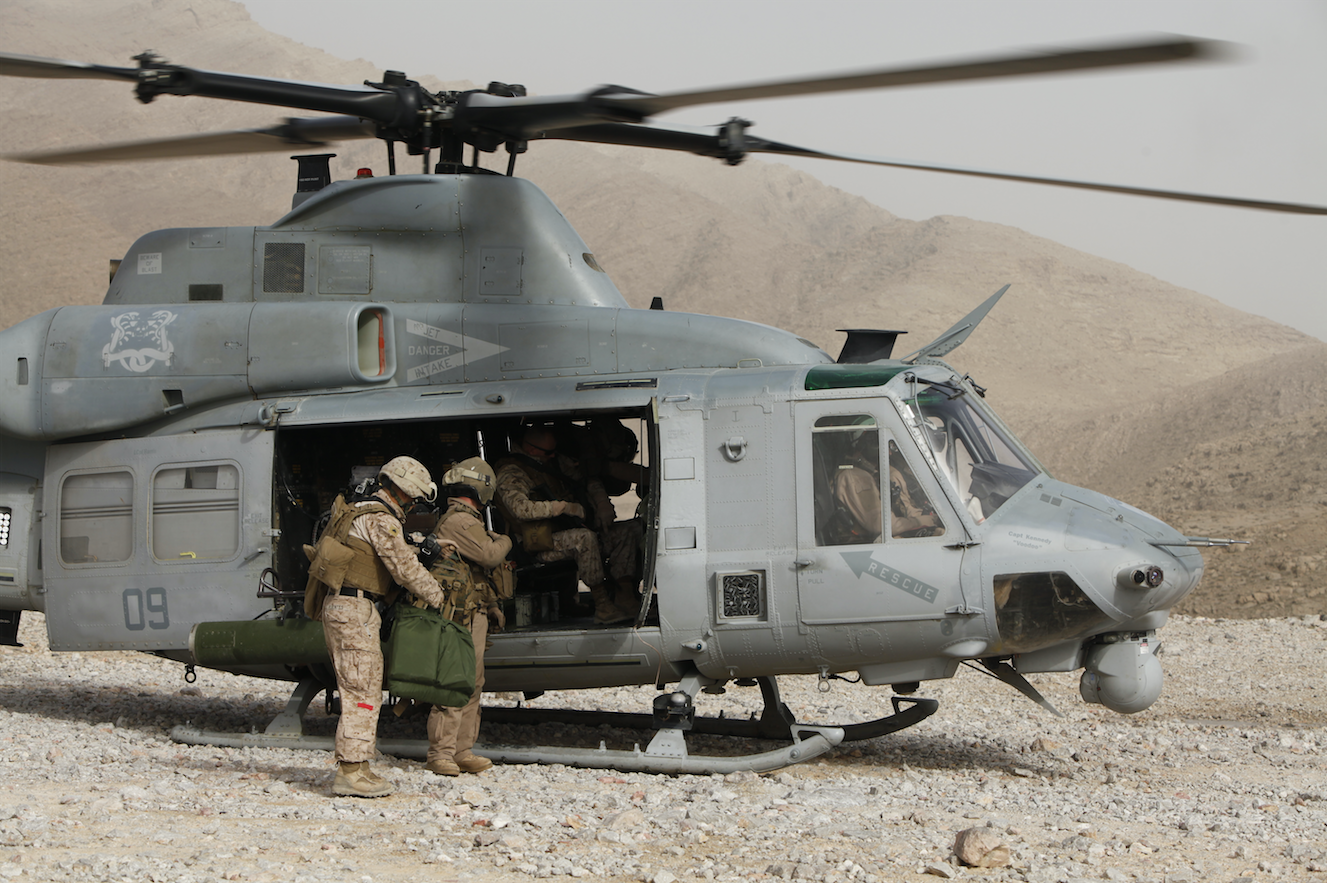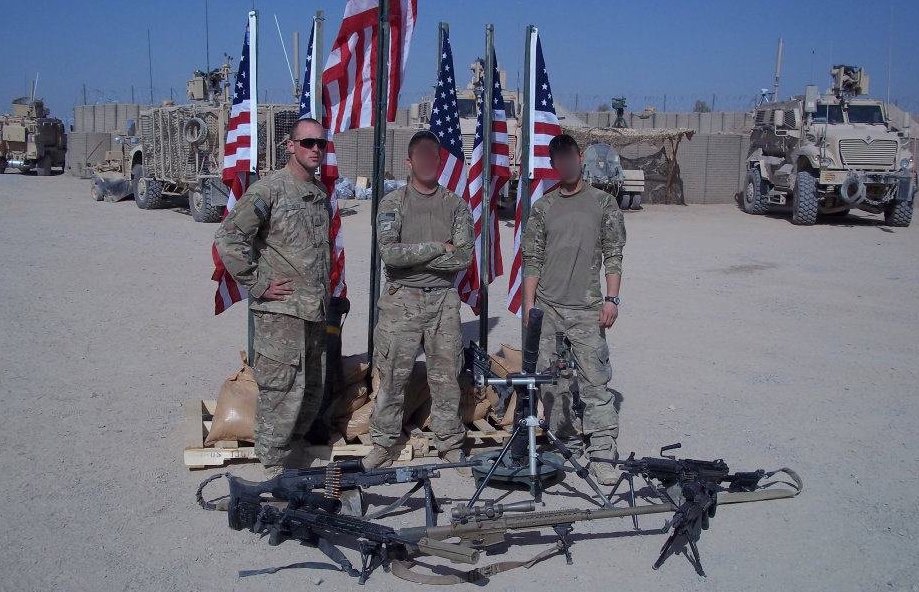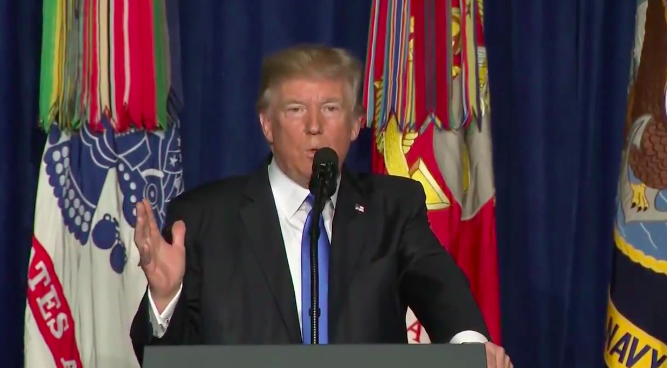President Barack Obama gave a televised address last night to announce the end of the U.S. combat mission in Iraq. I didn’t watch the speech, but I read the full transcript and posted it after the jump.
Several commentators have noted that Obama did not declare victory in the speech, but he certainly put a positive spin on our foreign adventures. The gist was that he’s kept his promise to end the war, we’ve accomplished the goals he set when he became president, and ceasing combat in Iraq will allow us to pivot to a more effective fight against terrorism in Afghanistan as well as a more. Obama highlighted the withdrawal of nearly 100,000 troops and the transfer of responsibility to Iraqi authorities. However, our”transitional force in Iraq is about 50,000 troops now, and even at the end of 2011 we could have tens of thousands of troops stationed in the country. Tehcnically, these are “advise and assist” brigades rather than combat brigades, but our soldiers will still be targets, and some will continue to die under hostile fire.
In the least convincing part of his speech, Obama hailed “credible elections” leading to “a caretaker administration” as Iraqis form a government. The lack of a functioning Iraqi government nearly six months after those elections doesn’t evoke optimism about future political stability.
Three years ago, candidate Obama bombarded Iowa Democrats with messages about how he spoke out against the war in Iraq. Last night, he only mentioned his previous opposition to the war in passing, and he didn’t suggest the war was a mistake. His kind words about George W. Bush glossed over the lies that helped lead the country to war as well as the mismanagement that undermined our national security and kept us bogged down in Iraq for so many years.
Ending this war is not only in Iraq’s interest; it’s in our own. The United States has paid a huge price to put the future of Iraq in the hands of its people. We have sent our young men and women to make enormous sacrifices in Iraq and spent vast resources abroad at a time of tight budgets at home.
We’ve persevered because of a belief we share with the Iraqi people, a belief that, out of the ashes of war, a new beginning could be born in this cradle of civilization. Through this remarkable chapter in the history of the United States and Iraq, we have met our responsibilities. Now it’s time to turn the page.
As we do, I’m mindful that the Iraq war has been a contentious issue at home. Here, too, it’s time to turn the page. This afternoon, I spoke to former President George W. Bush. It’s well-known that he and I disagreed about the war from its outset. Yet no one can doubt President Bush’s support for our troops or his love of country and commitment to our security.
As I’ve said, there were patriots who supported this war and patriots who opposed it. And all of us are united in appreciation for our servicemen and women and our hopes for Iraqis’ future.
Obama then pivoted to defending the importance of our mission in Afghanistan. He claimed that drawing down from Iraq will give us “the resources necessary to go on offense” against al Qaeda in Afghanistan. He affirmed that troop reductions will begin in the summer of 2011, with the pace “determined by conditions on the ground.” Juan Cole remarked, “Presumably the language about the Afghan struggle against al-Qaeda was intended to please hawks, while the pledge to begin withdrawing next year was for the purpose of reassuring liberals. It is not clear, however, that practical success in Afghanistan can be achieved through this sort of rhetorical compromise.” I still think the escalation of our war in Afghanistan will turn out to be one of Obama’s biggest mistakes. U.S. and coalition military fatalities in Afghanistan have sharply increased since Obama took office. We have close to 100,000 troops in Afghanistan, three times as many as when Obama became president. The drawdown is scheduled to begin in July 2011, but I wouldn’t bet on that date sticking, judging from recent comments by General David Petraeus, commander of U.S. and NATO troops in Afghanistan.
Toward the end of last night’s speech, Obama suggested that ending the combat mission in Iraq will allow the U.S. to invest more in our own economy, creating jobs. I’ll believe that when I see it. Obama’s escalation in Afghanistan will cost an exorbitant amount during the next few years. For the last decade, Congress has always been willing to sign blank checks for war, but the deficit hawks pop up to express concern about excessive domestic spending. If Republicans retake one or both chambers of Congress, you can forget about new economic stimulus measures. Reducing our dependence on foreign oil is also a non-starter, judging from how the Senate energy bill is shaping up. More broadly, I don’t think Obama acknowledges how precarious our economic situation is now. His August 30 public comments on the economy were narrowly focused on extending small business tax credits, which Senate Republicans have been blocking. It will take a lot more than that to produce job growth again.
Share any relevant thoughts in this thread.
UPDATE: The estimated audience for Obama’s address was 29 million viewers.
Continue Reading...



